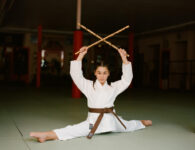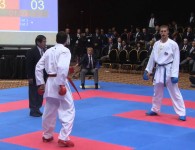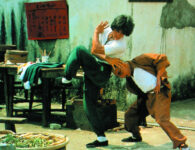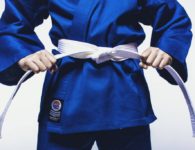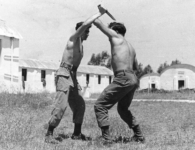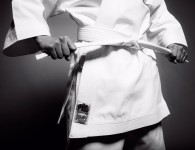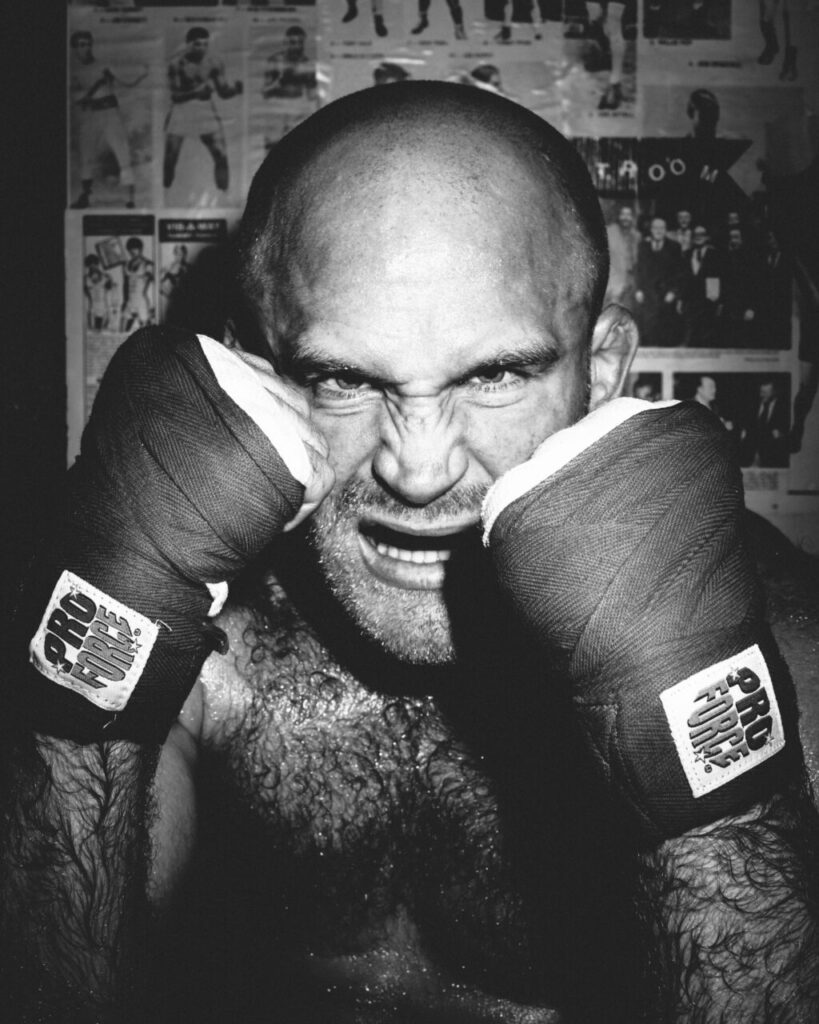
A mouthguard might not be the most exciting purchase you’ll make in your martial arts career. But it might be one of the most important.
Mouthguards are designed to protect your teeth, jaw, and the soft tissues around your mouth. Wearing a properly fitted mouthguard during training and competition can significantly reduce your risk of dental injuries. According to the American Dental Association, athletes who don’t use a mouthguard are up to 60 times more likely to get hurt than their mouthguard-sporting counterparts.
A properly fitted mouthguard is an investment in your health and comfort as martial artist. For one thing, you’ll feel a lot better if you’re not suffering a dental injury. Even a minor one. But a mouthguard can also help you feel more relaxed and confident during training. Not having to worry about the higher potential for mouth-related injuries can free your mind to focus on other aspects of your performance.
A mouthguard can also protect your wallet. Dental injuries can be expensive to fix. So any tooth and jaw damage that you can avoid won’t just benefit your physical well-being, it can also save you a lot of money. Which can also leave you with a little more cash to spend on the fun stuff like new uniforms, boxing gloves, and other training gear.
Let’s take a deeper look at why mouthguards are so important for martial artists. And how to pick the right mouthguard for your training needs.
What does a mouthguard do?
A mouthguard is a dental device that covers your top teeth to protect them and the surrounding area from trauma and injury. There are different types of mouthguards for different needs. (If you grind your teeth in your sleep, for example, you would need to visit a dentist to get a night guard.) Sports mouthguards are designed to cushion any blows or shocks that you might receive to the face during training and competition, and distribute the force of impact.
This cushioning effect has multiple benefits. It helps to protect your jaw from fractures and displacement. It protects your teeth from cracks and breaks. And it protects the rest of your mouth from your teeth, which prevents damage to soft tissue like gums, tongue, and cheeks.
What can’t a mouthguard do?
Martial arts and other physical activities will always come with a degree of risk. Mouthguards don’t guarantee that you will never get injured during training or competition. Current studies also suggest that they are not as good at preventing or minimizing concussions as experts used to believe they were. But mouthguards still play a vital role in minimizing damage to your jaw and mouth and helping you train smarter, safer, and better.
Who needs a mouthguard?
People who participate in full contact striking-based martial arts and combat sports like boxing, kickboxing, Muay Thai, MMA, Karate, and Tae Kwon Do will absolutely benefit from using a mouthguard. Depending on what kind of training you’re doing, and for what purpose, a mouthguard might even be mandatory.
But people who participate in so-called “soft” arts like Brazilian Jiu-Jitsu and amateur wrestling should also consider sparring and competing with a mouthguard. Accidents can happen in any discipline, and an innocent slip or mistake can easily cost you a tooth — or more — if you’re not protected.

How do you choose the right mouthguard?
Mouthguards come in different types, ranging from basic boil-and-bite guards to custom ones made by dental professionals. There are models that are designed to cover the top teeth (single mouthguards) and ones that cover both top and bottom (double mouthguards).
Choosing the right mouthguard for you will depend upon the type of training that you do, your budget, your mouth, and your personal comfort. Single mouthguards take up less space in your mouth. This can feel more natural and make it easier to breathe for many martial artists.
Double mouthguards are better for keeping your jaws aligned, but they can feel too bulky, which can make breathing more challenging for some fighters. The right mouthguard for you will be the one that protects your teeth and mouth while still allowing you breath and talk with relative ease.
ProForce® offers single mouthguards and double mouthguards made of lightweight, high-quality material that provide extra cushioning to protect your teeth and your mouth. Youth and adult sizes are available.
How do you care for your mouthguard?
Like any pice of martial arts equipment, a mouthguard needs to be cleaned and stored with care. This will protect your health and prolong the life of your mouthguard. It will also make your training smell and taste a little better!
A mouthguard should be stored in a clean, dry mouthguard case between training sessions. After training, you can clean your mouthguard with a non-abrasive toothpaste and soft bristle toothbrush, or wash with mild soap and water. You should also rinse your case with soap and water. When you’re finished washing both, store them on a clean surface to dry.
For more information on gear care, check out recent blog, “Keeping Your Martial Arts Gear Clean.”





